The adjoining figure represents a rectangular lawn with a circular flower bed in the middle. Find: the area of the flower bed
 Solution in Kannada
Solution in Kannada
Step by step video & image solution for The adjoining figure represents a rectangular lawn with a circular flower bed in the middle. Find: the area of the flower bed by Maths experts to help you in doubts & scoring excellent marks in Class 7 exams.
Updated on:21/07/2023Topper's Solved these Questions
Similar Questions
Find the complement of each of the following angles.
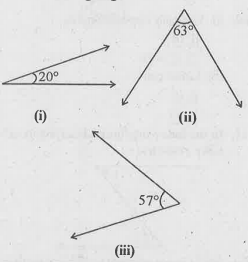
View SolutionLet I be a line and P be a point not on I. Through P, draw a line m parallel to I. Now join P to any point Q on I. Choose any other point R on m. Through R, draw a line parllel to PQ. Let this meet I at S. What shape do the two sets of parallel lines enclose?
View SolutionThe adjoining figure represents a rectangular lawn with a circular flower bed in the middle. Find:
(i) the area of the whole land
(ii) the area of the flower bed
(iii) the area of the lawn excluding the area of the flower bed
(iv) the circumference of the flower bed.
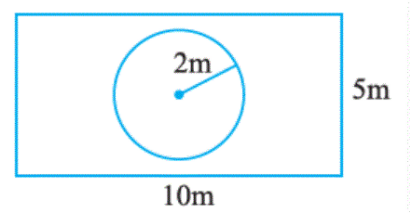
View SolutionDetermine the point of symmetry of a regular hexagon.
View SolutionMatch the following Column A to Column B
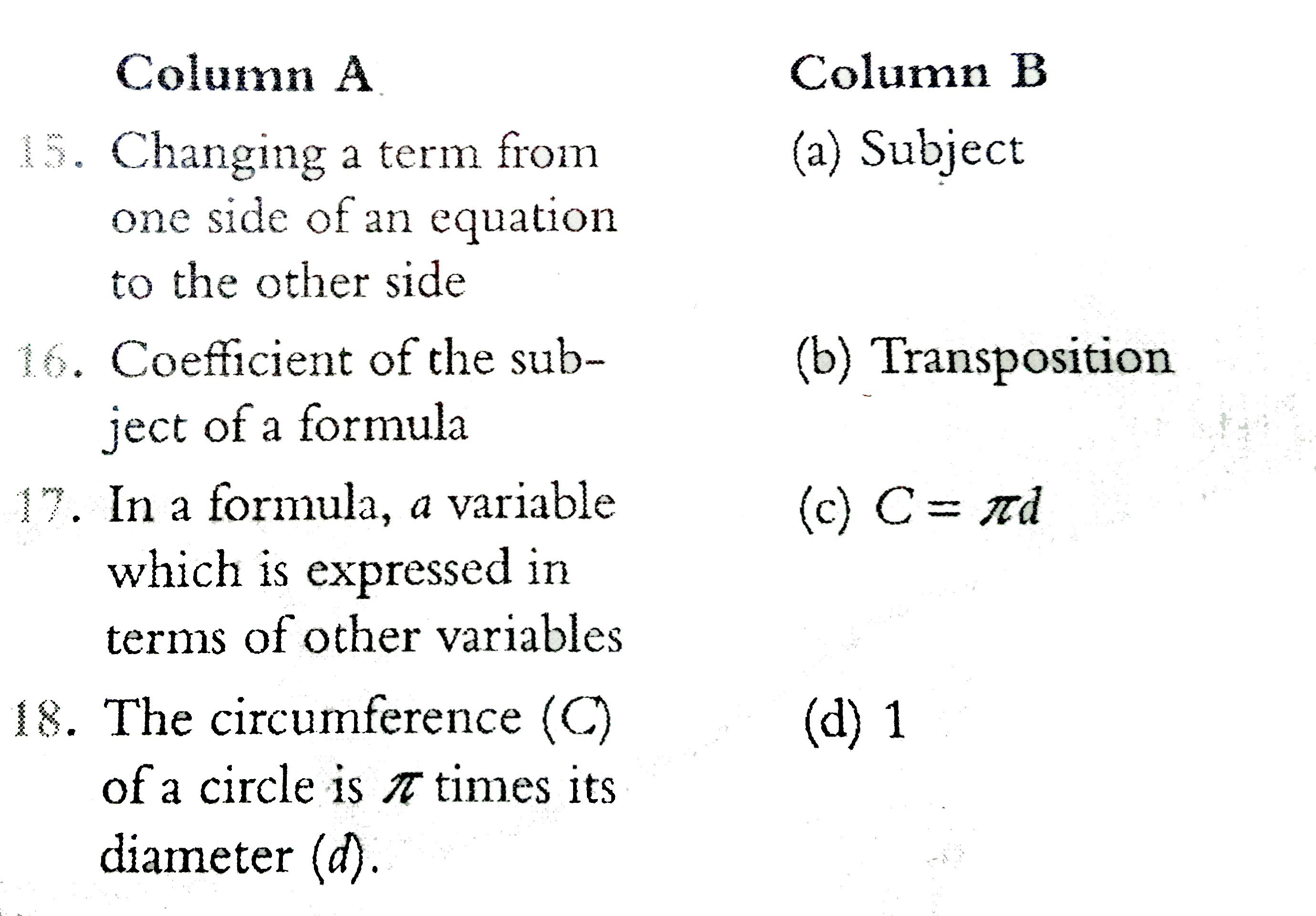
View SolutionMatch the following Column A to Column B
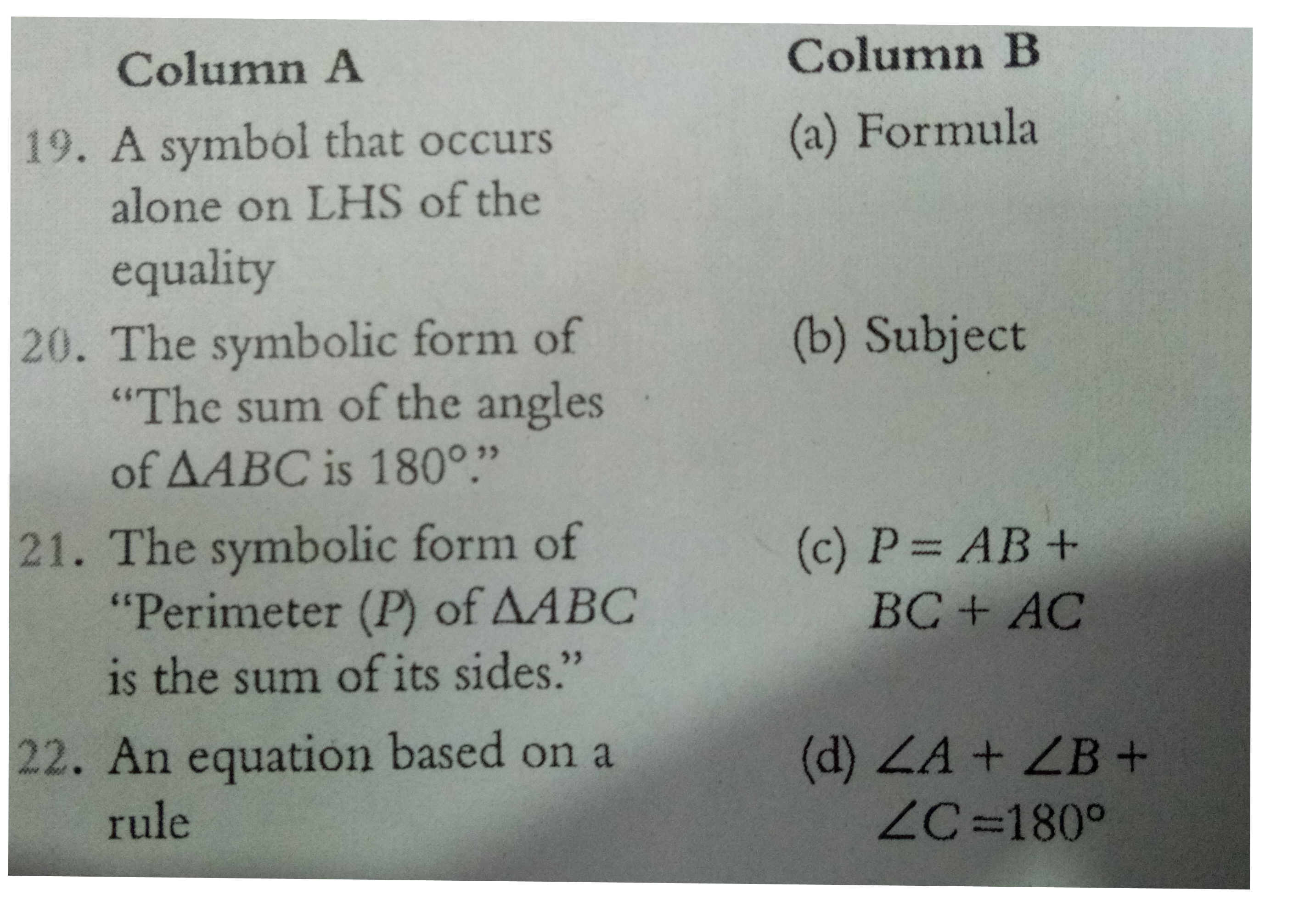
View SolutionMatch the following Column A to Column B
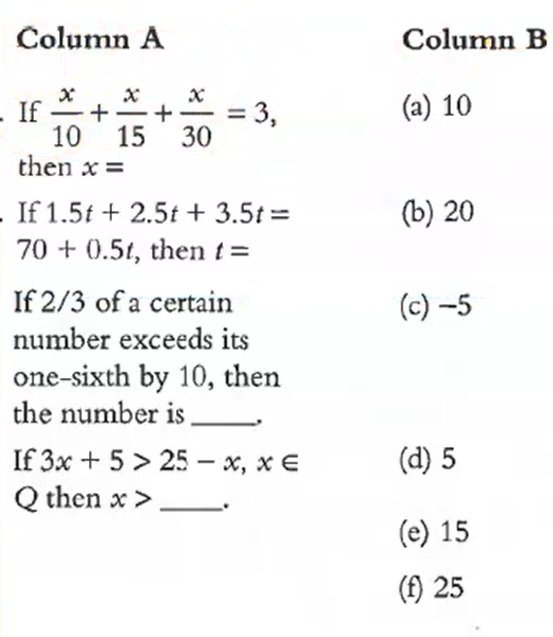
View SolutionFind the area of figure given below.
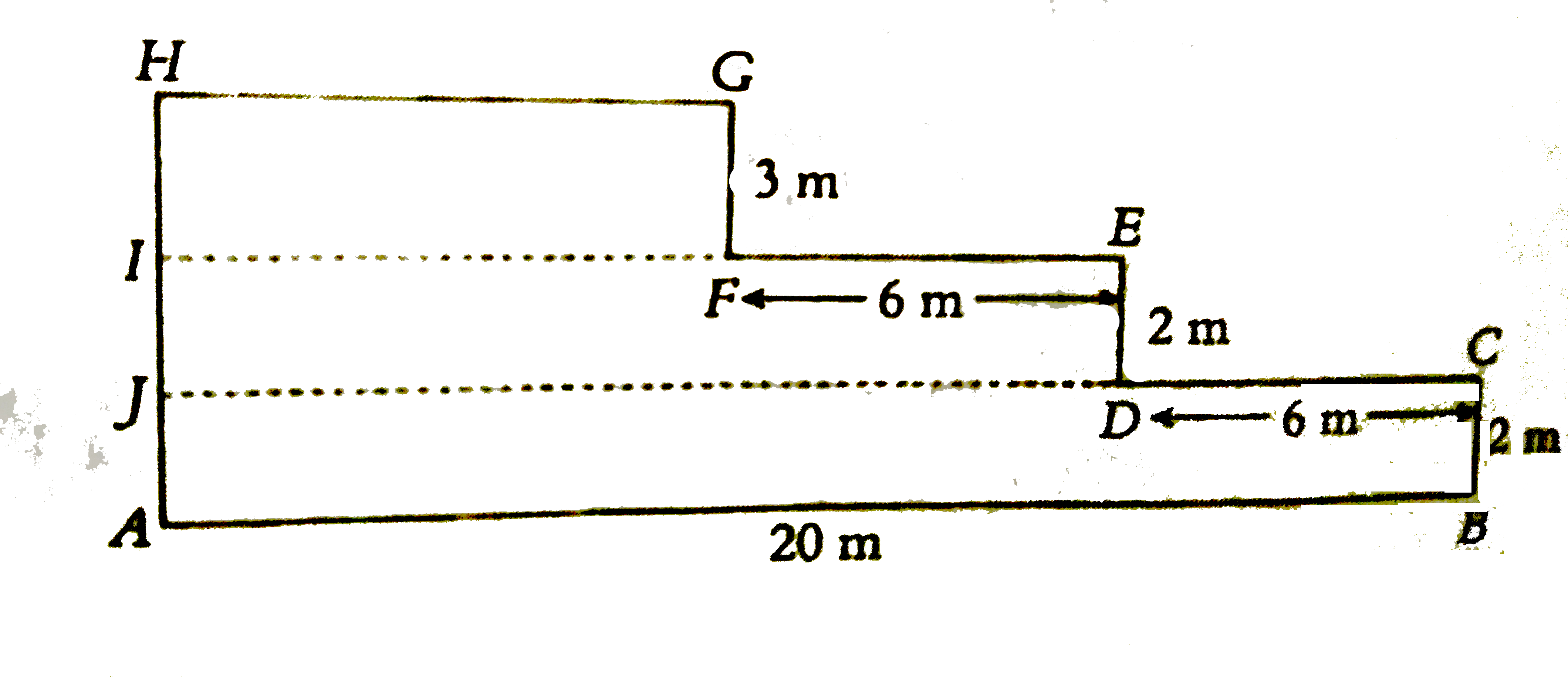
View SolutionFind the area of the paths each having a uniform width in the following rectangular field.
ltimg src="https://d10lpgp6xz60nq.cloudfront.net/physics_images/PS_MATH_VII_C06_S01_002_Q01.png" width="80%"gt
View SolutionFind the perimeter of the figure given below.
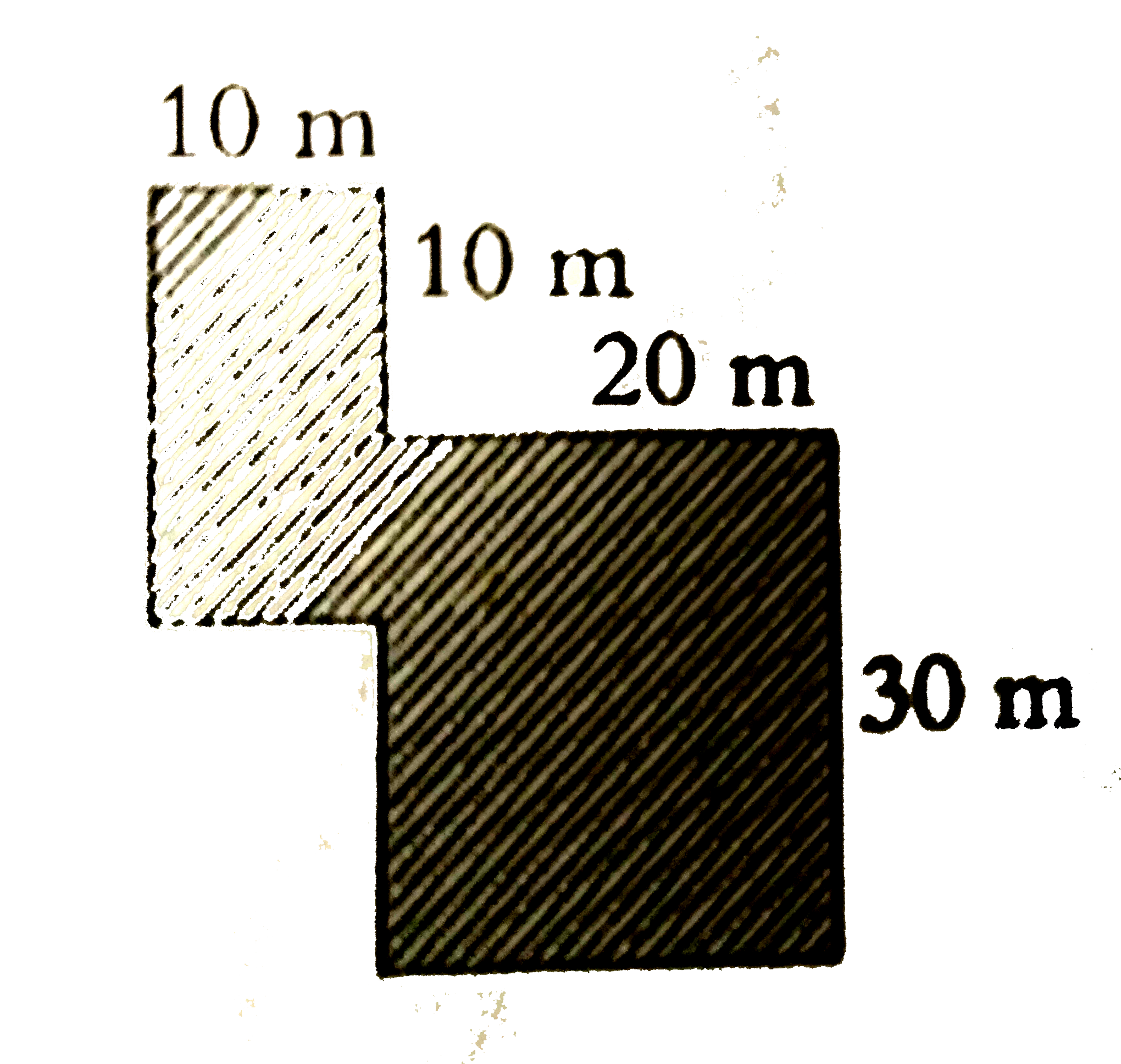
View SolutionFind the area of the figure given below.
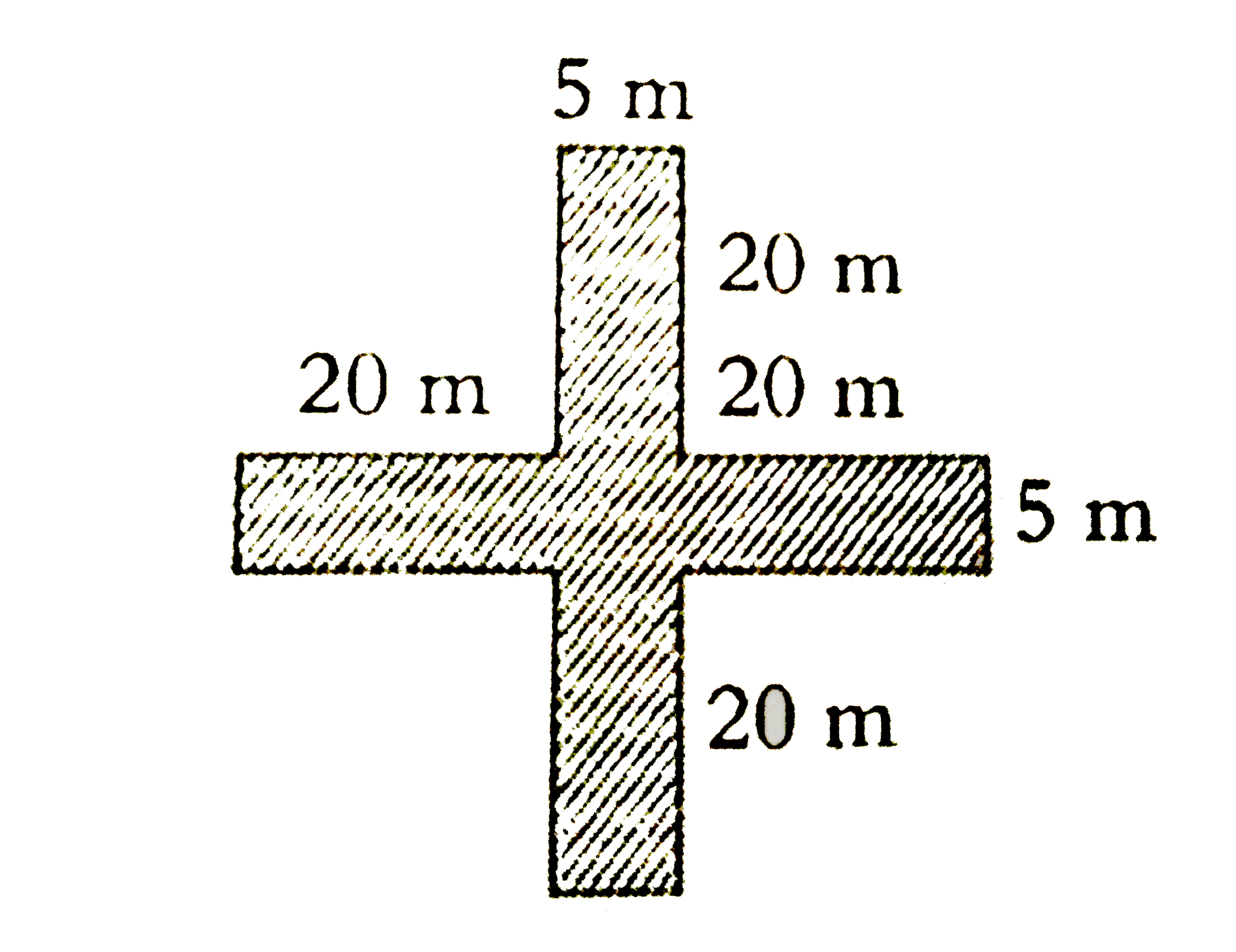
View SolutionThe area of the shaded part in the figure given below is ______.
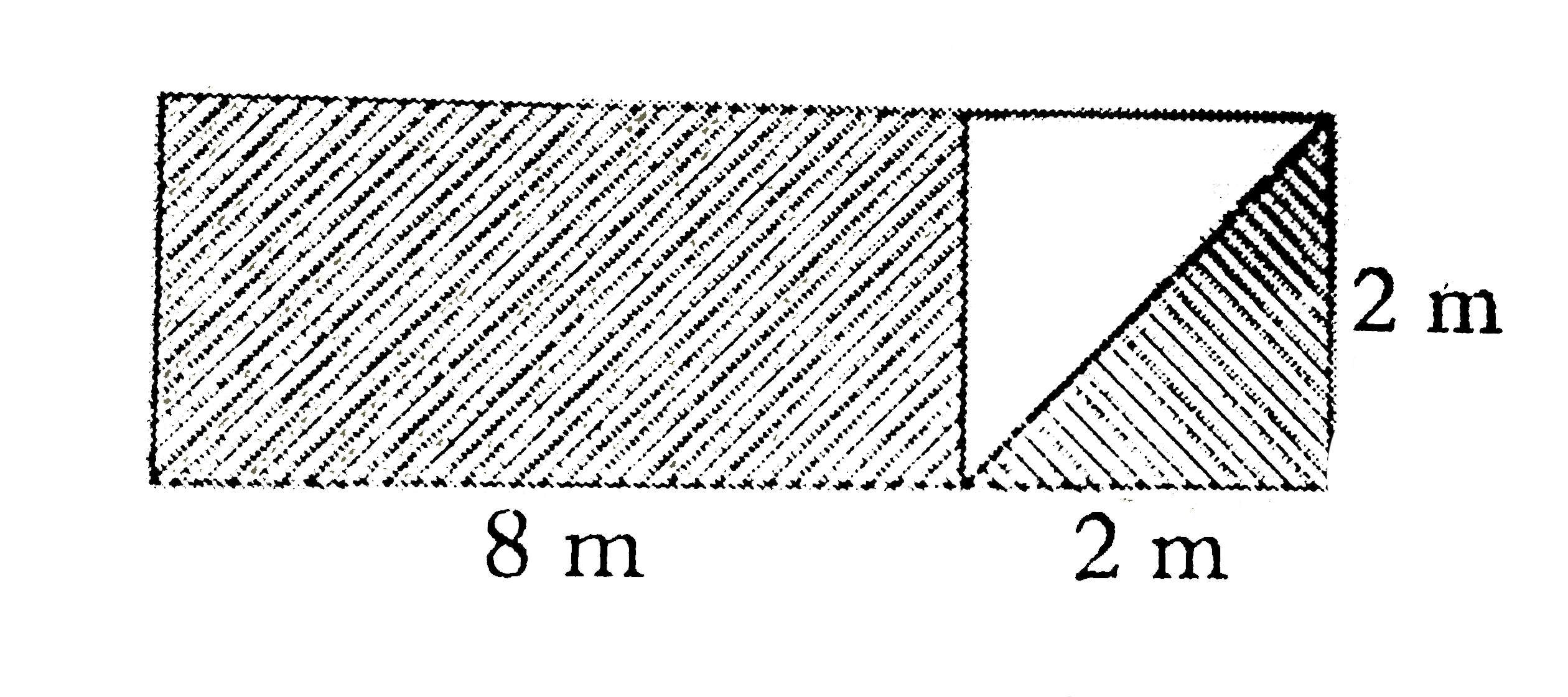
View SolutionThe inequation represented by the graph given below is :
View SolutionThe inequation that best describes the graph given below is _________
View SolutionThe inequation that best describes the following graph is _________
View SolutionWhich inequations represent the shaded region in the given figure
View Solution
